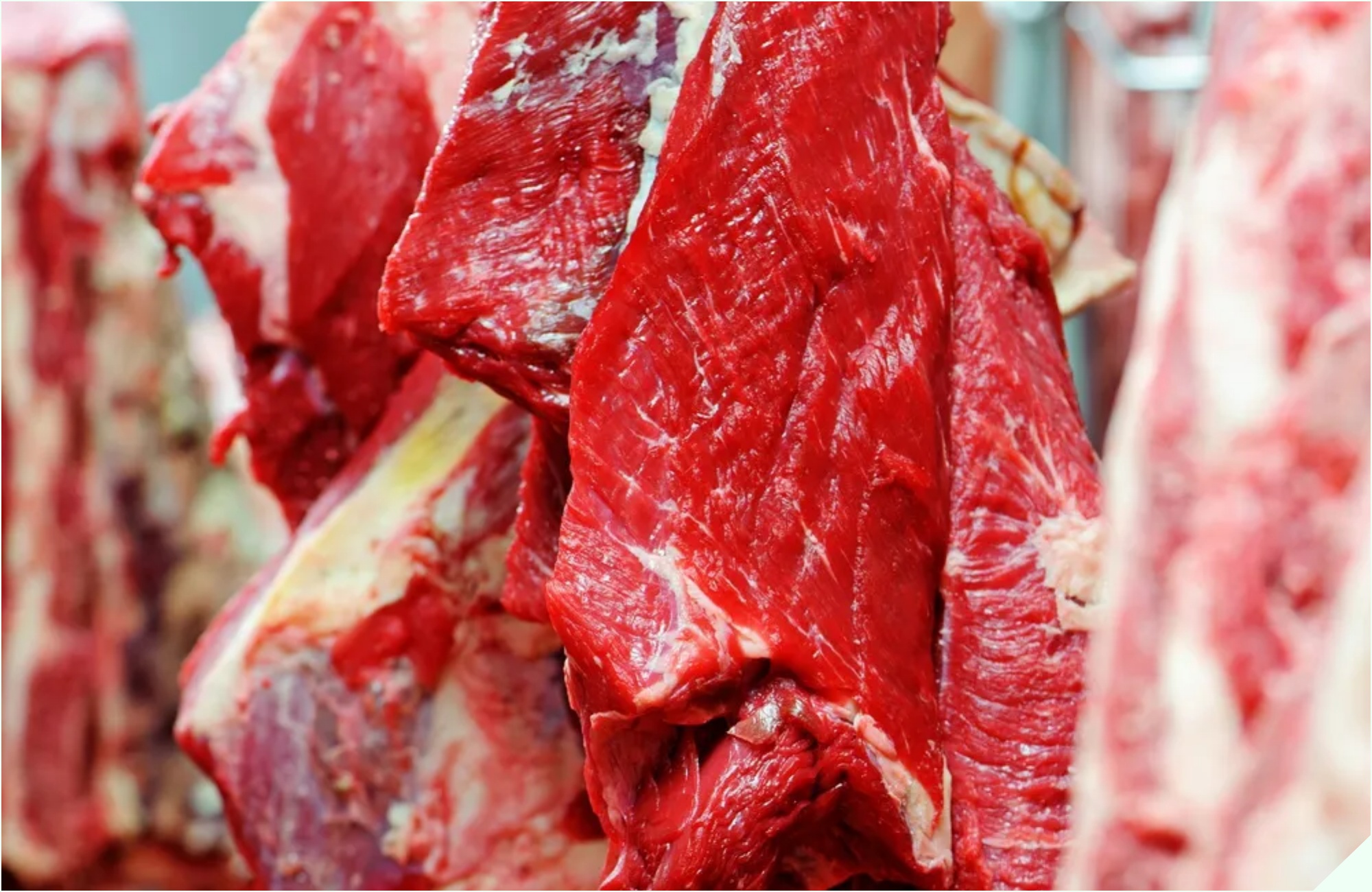
Beef is known in Eastern medicine for its nourishing and strengthening properties. It is said to boost the middle burner, tonify qi, fortify the spleen and stomach, strengthen tendons and bones, and eliminate phlegm. This makes it an excellent food choice for those with weak bodies, frail bones, or anemia.
While beef is nutritious and versatile, it has a distinct odor that can be off-putting if not prepared properly. The key to eliminating this odor lies in the preliminary processing of the meat.
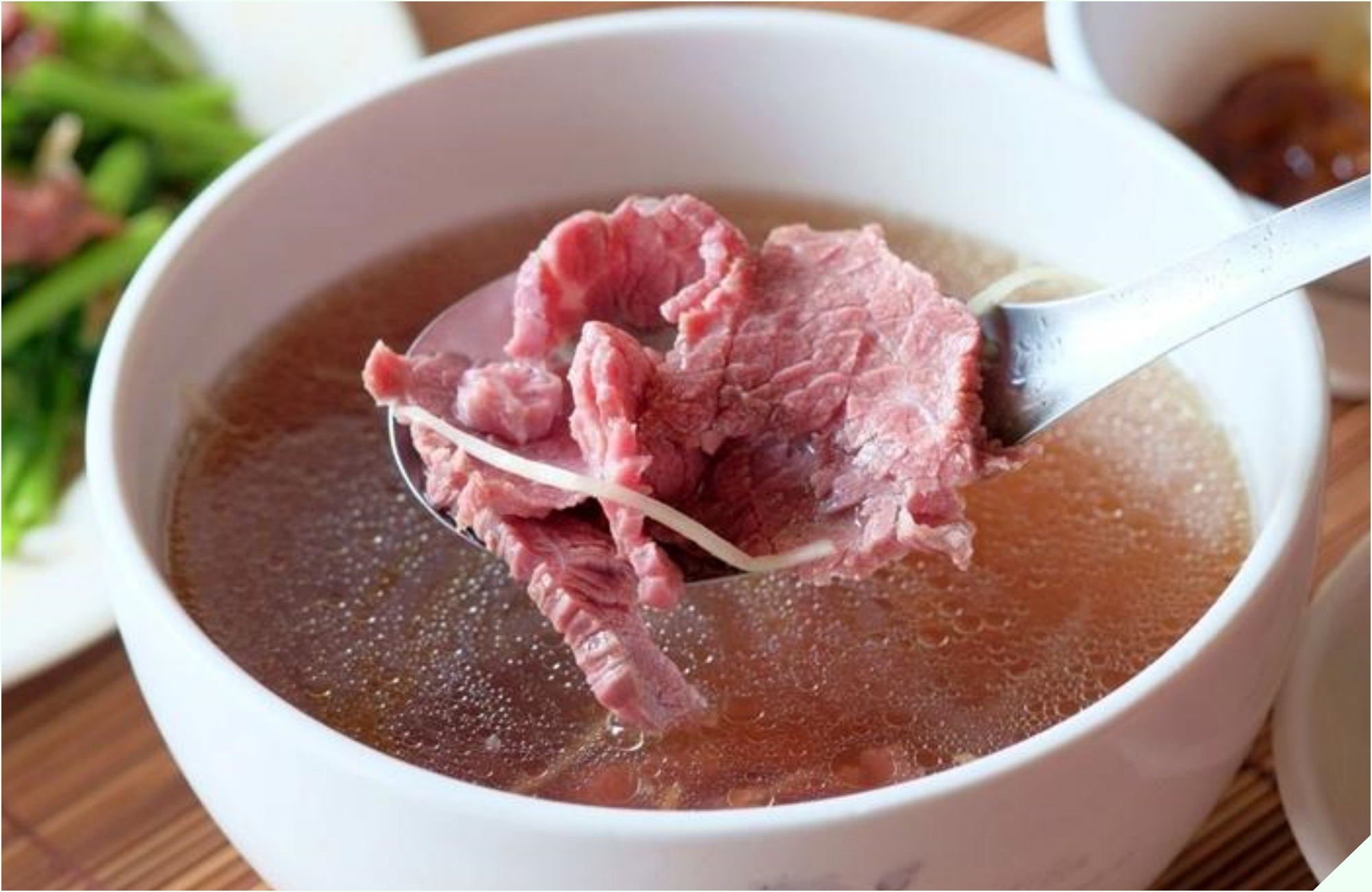
So, how do you get rid of the beefy smell? Experienced chefs emphasize the importance of proper meat handling. Typically, people tend to simply rinse the meat and blanch it in boiling water. However, these two steps are not enough.
To ensure your beef is clean and odorless, follow these comprehensive steps: Thoroughly wash the beef → Soak it in salted water for 30 minutes → Blanch the meat → Use spices (cinnamon, cloves, carrots, etc.).
Below is a detailed guide on how to eliminate the odor when preparing beef stew, brought to you by Bếp Eva.
Step 1: Clean the Beef
After purchasing your beef, give it a good wash and then place it in a large bowl. Add 1 teaspoon of baking soda, 1 teaspoon of salt, and a little flour. Rub these ingredients onto the surface of the meat.
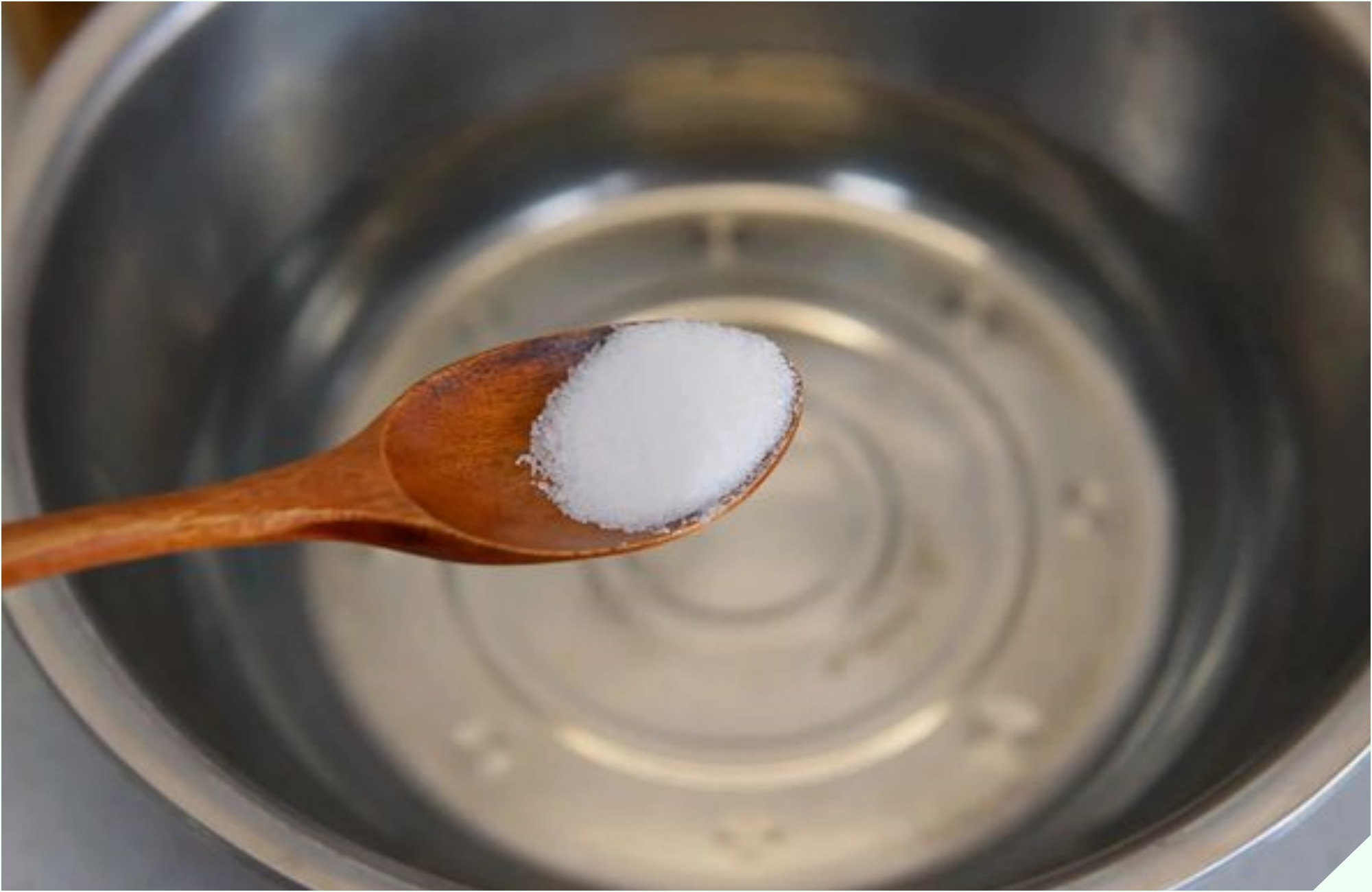
Baking soda helps tenderize the beef, salt disinfects, and flour absorbs any remaining impurities. Rub the meat for 3 to 5 minutes, and then rinse it with clean water.
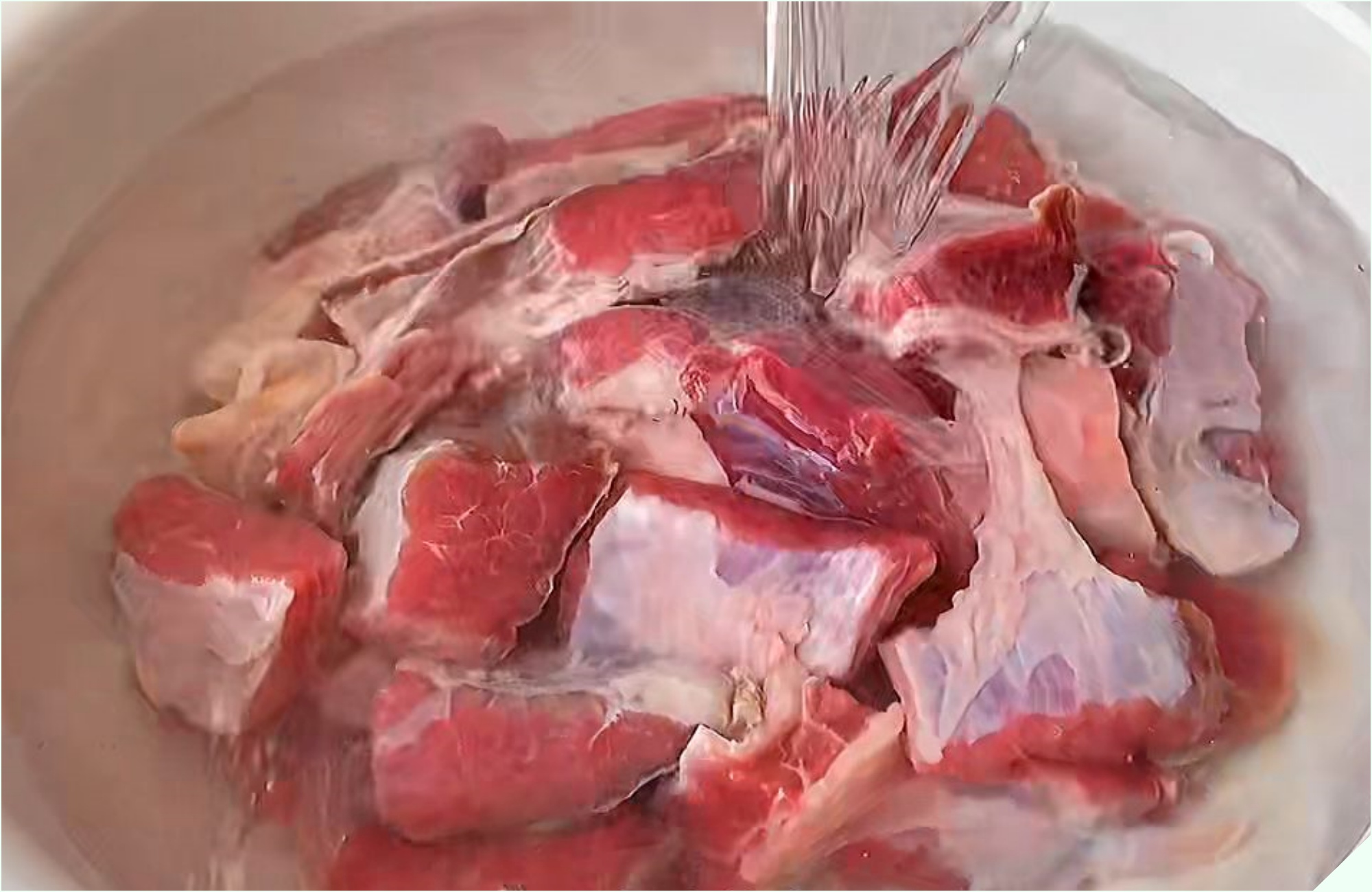
Cut the meat into large pieces and soak them in water for about 30 minutes. This allows the beef to release any excess blood.
Step 2: Blanch the Beef
After soaking, it’s time to blanch the beef. Place the meat in a pot and add cold water. Bring it to a boil.
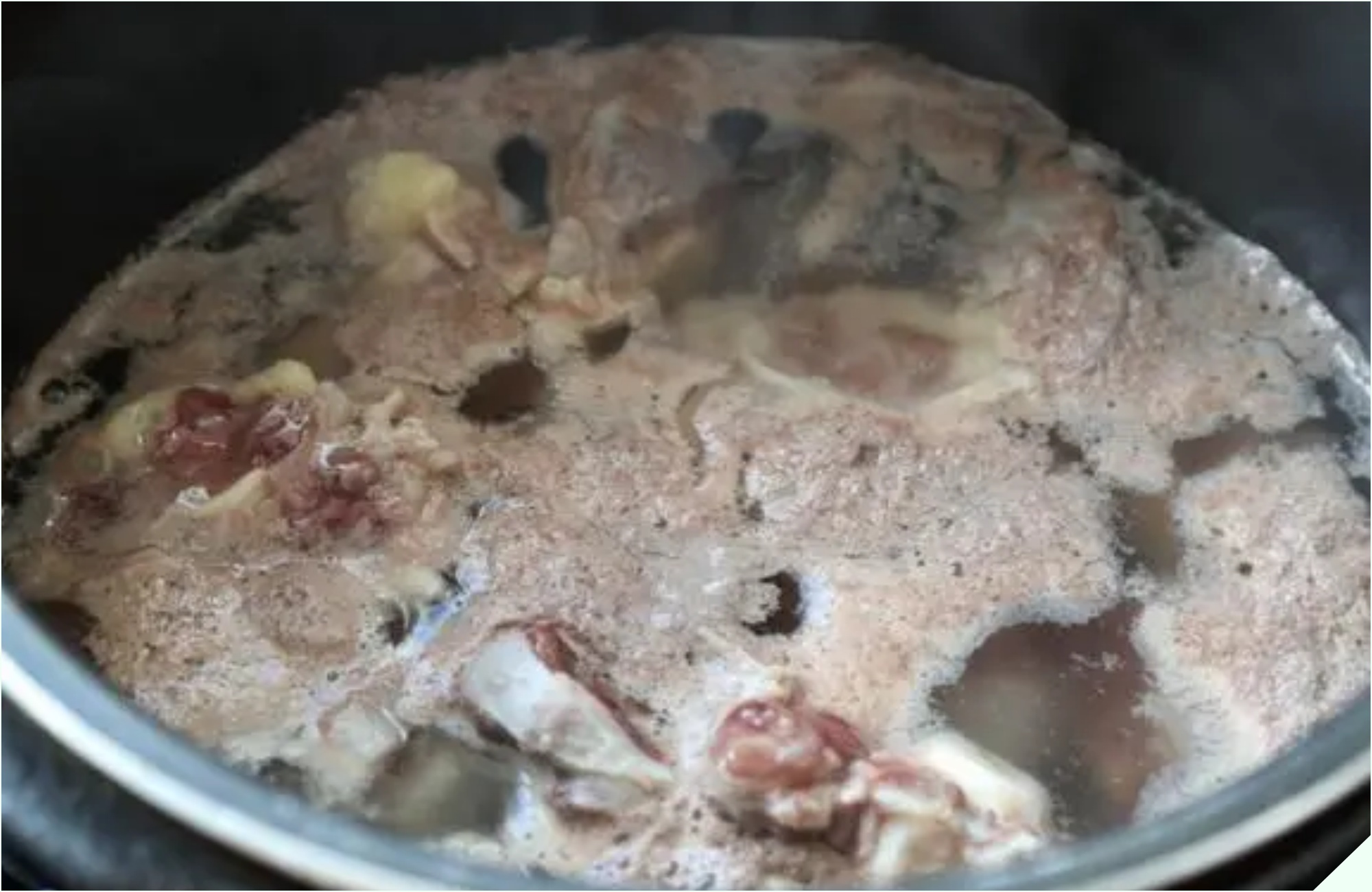
When you see brown foam appearing on the surface, turn off the heat. Drain the water and rinse the beef again with clean water.
Step 3: Sauté the Beef
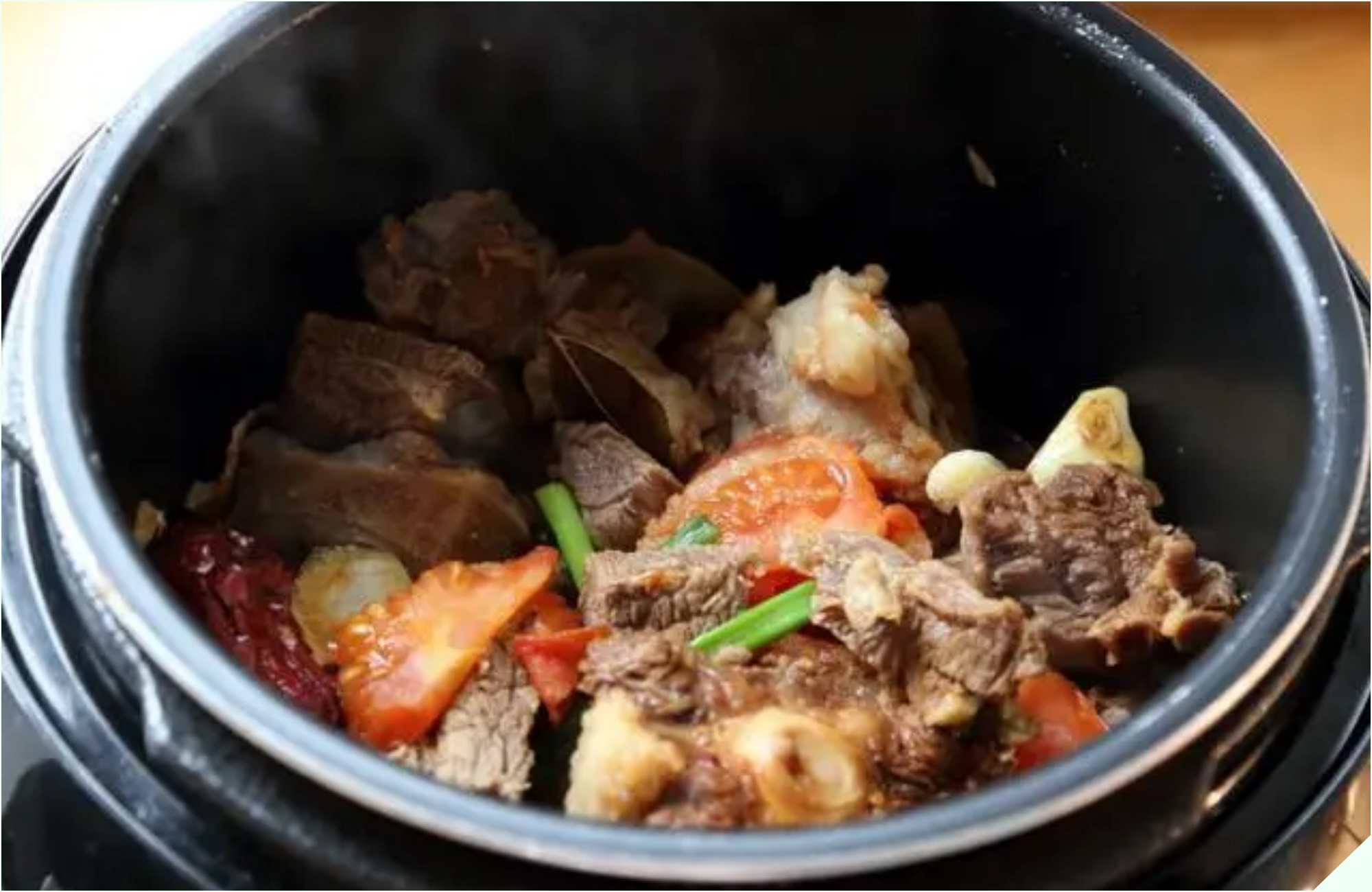
Place the cleaned beef in a pot and turn on the heat. Continuously stir-fry the meat until it is evenly cooked. At this point, the beef should be fragrant and free of any unpleasant odors.
Step 4: Seasoning
You don’t need a plethora of spices for beef stew. Using too many spices can be inconvenient and may overpower the natural flavor of the beef.
Typically, for beef stew, you can prepare the following:
– Tomatoes enhance the aroma, add color, and help tenderize the meat.
– Onions eliminate the beefy odor and become sweet and enticing when heated.
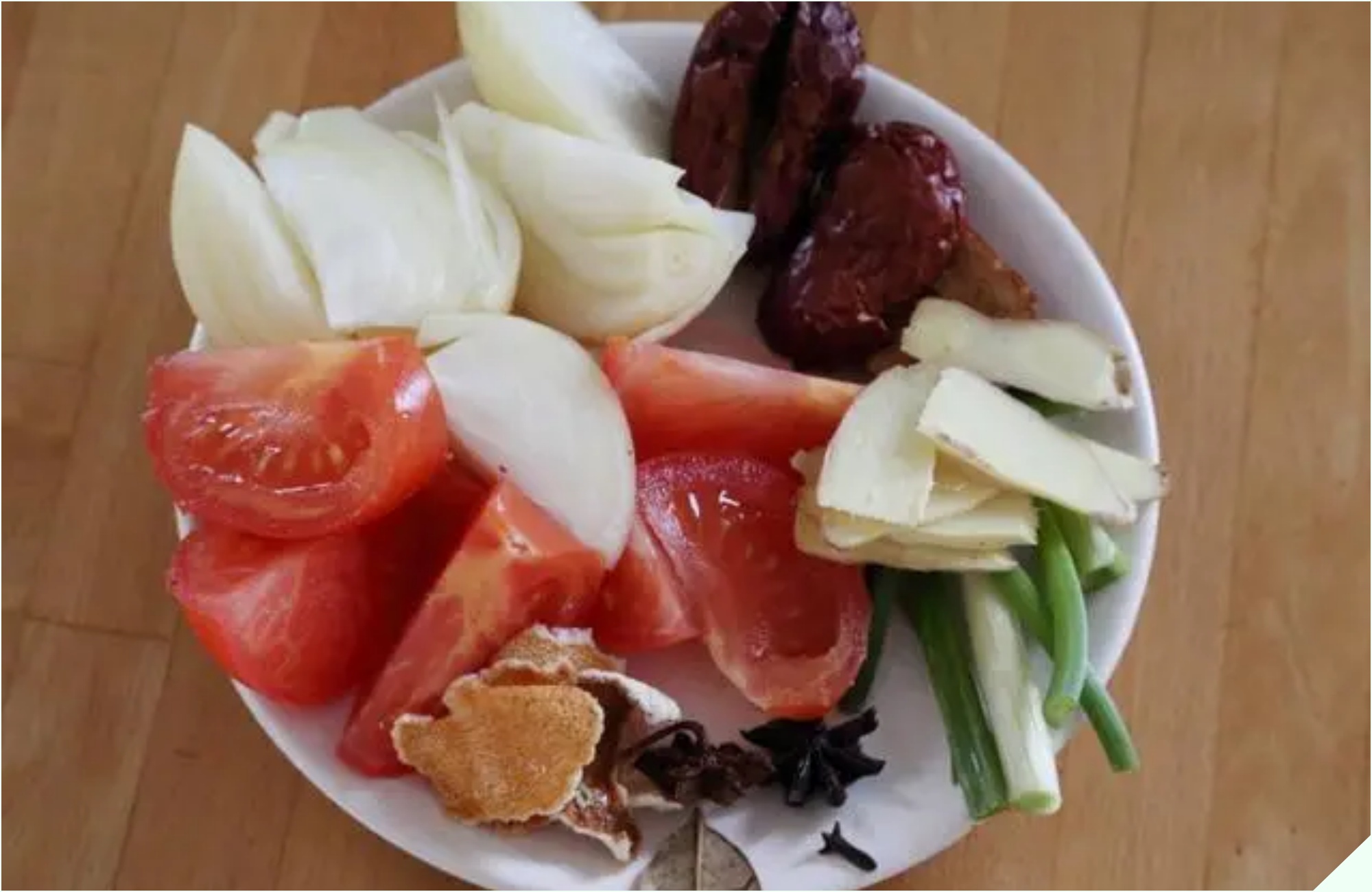
– Red apples boost the fragrance and give the dish a vibrant red hue.
– Ginger and scallions eliminate any fishy smell.
– Two cloves, a bit of cinnamon, and bay leaves add depth of flavor without overwhelming the beef’s natural aroma.
– Tangerine peel helps eliminate odors and reduces the dish’s overall greasiness.
Step 5: Add Water and Simmer
– Pour in some dark soy sauce and a little water, and start simmering. If you’re using a pressure cooker, you can reduce the amount of water.
Step 6: Season with Salt and Vegetables
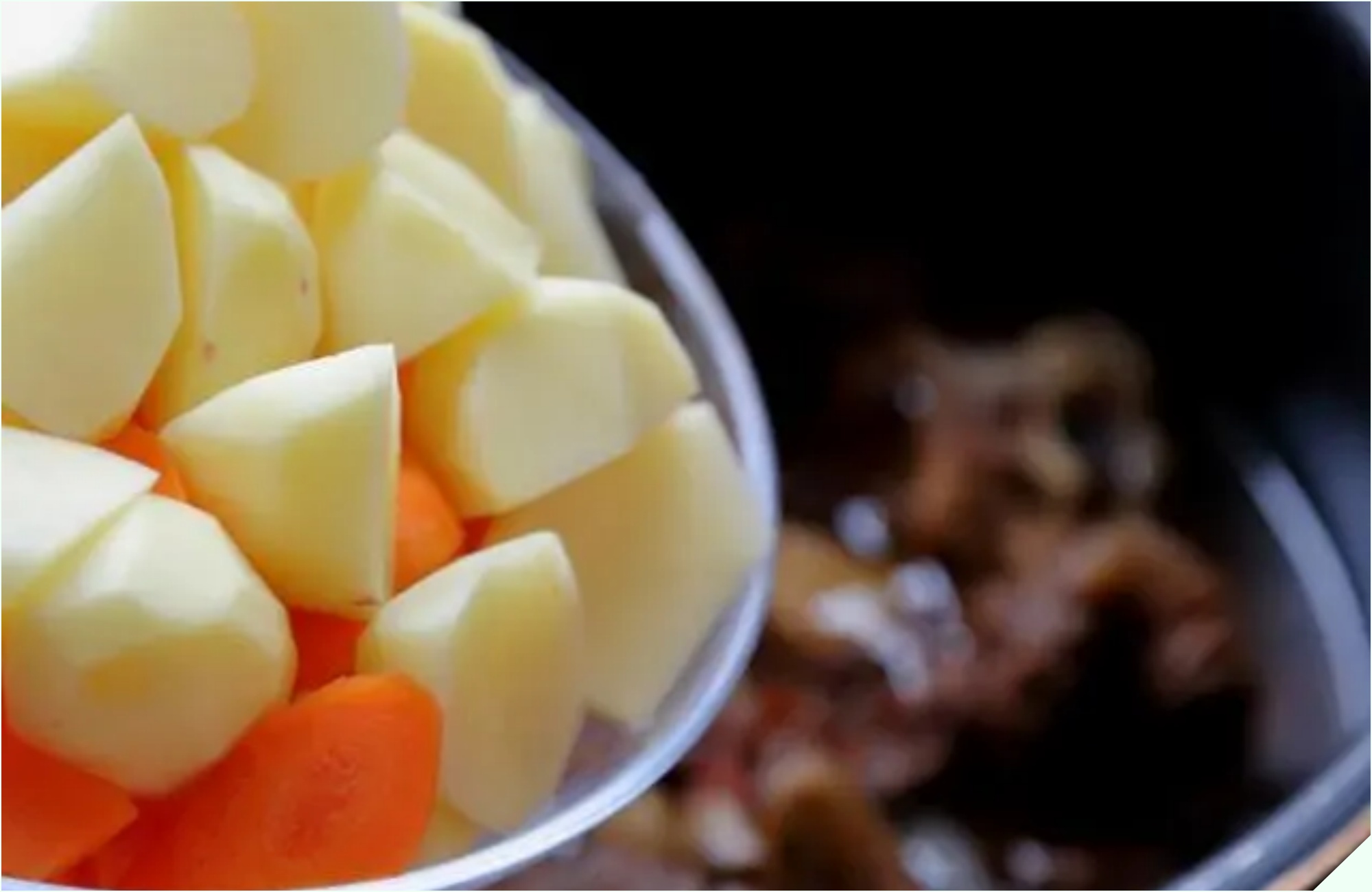
– Add a pinch of salt to the pot to taste.
– Toss in some carrots and potatoes. Carrots are excellent for eliminating odors and will brighten up the dish with their vibrant color.
Step 7: Finish and Serve
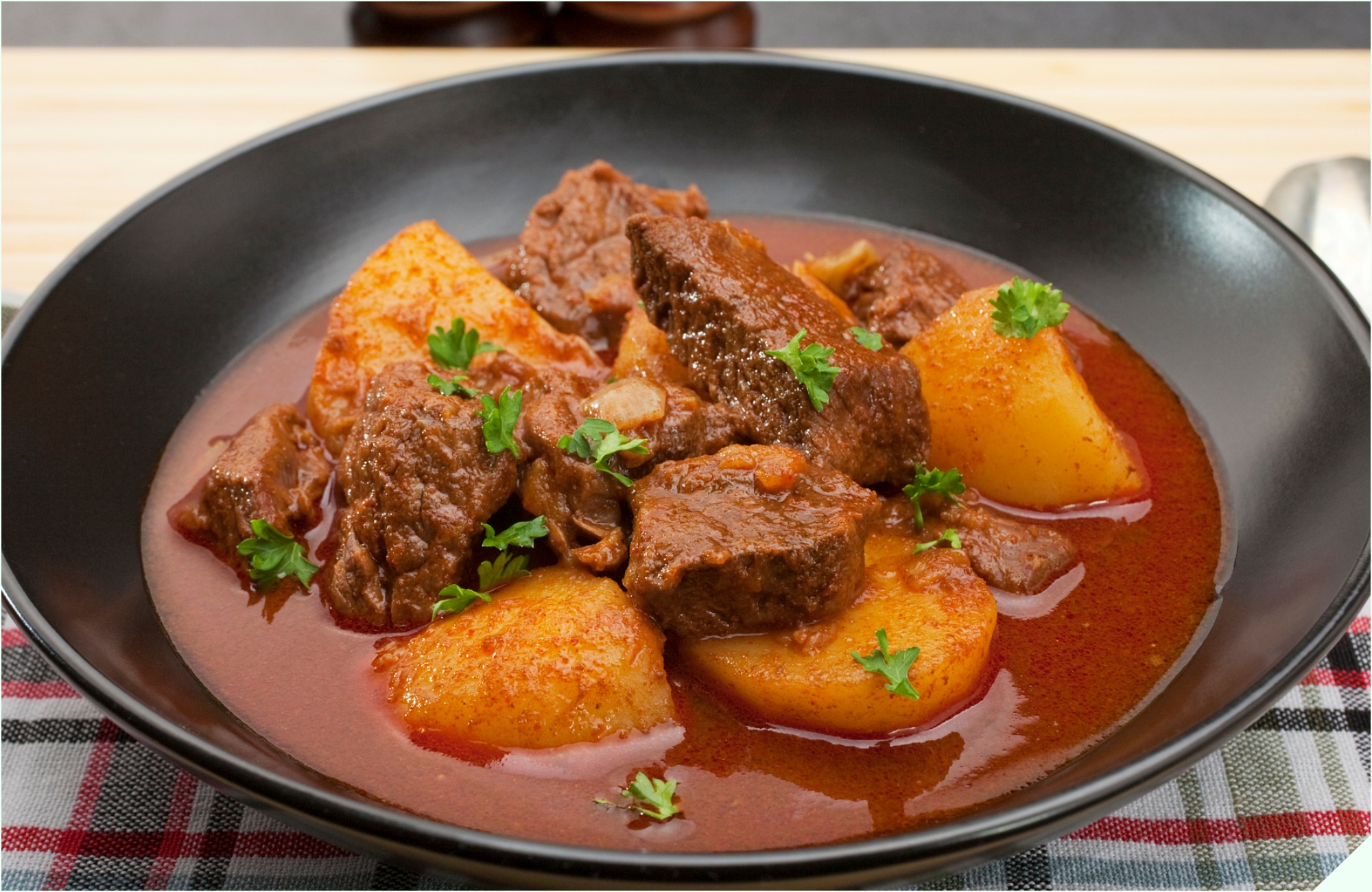
Finally, ladle the beef and vegetables into a bowl, and garnish with some scallions. The resulting dish is tender, flavorful, and free of any unpleasant odors. The meat melts in your mouth, and it goes perfectly with rice or bread.






























